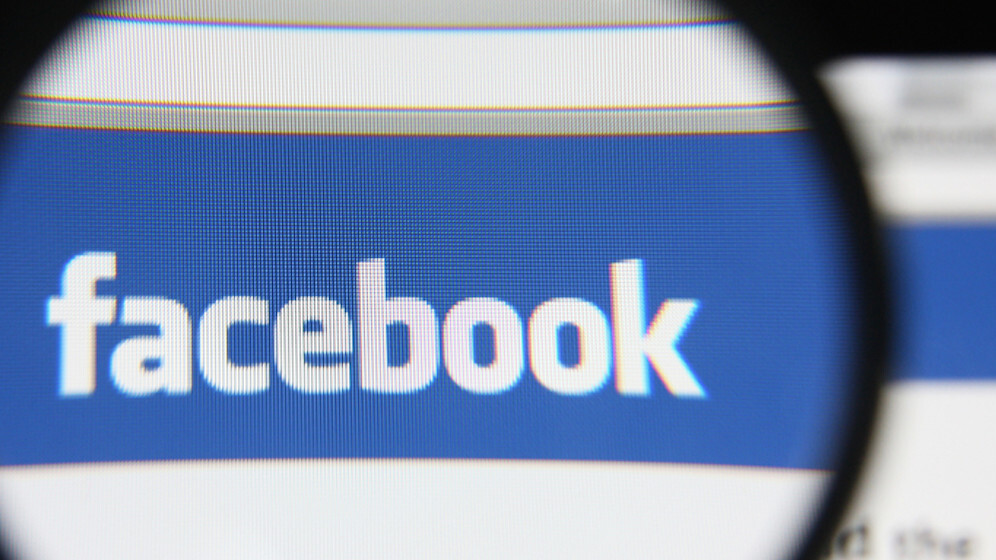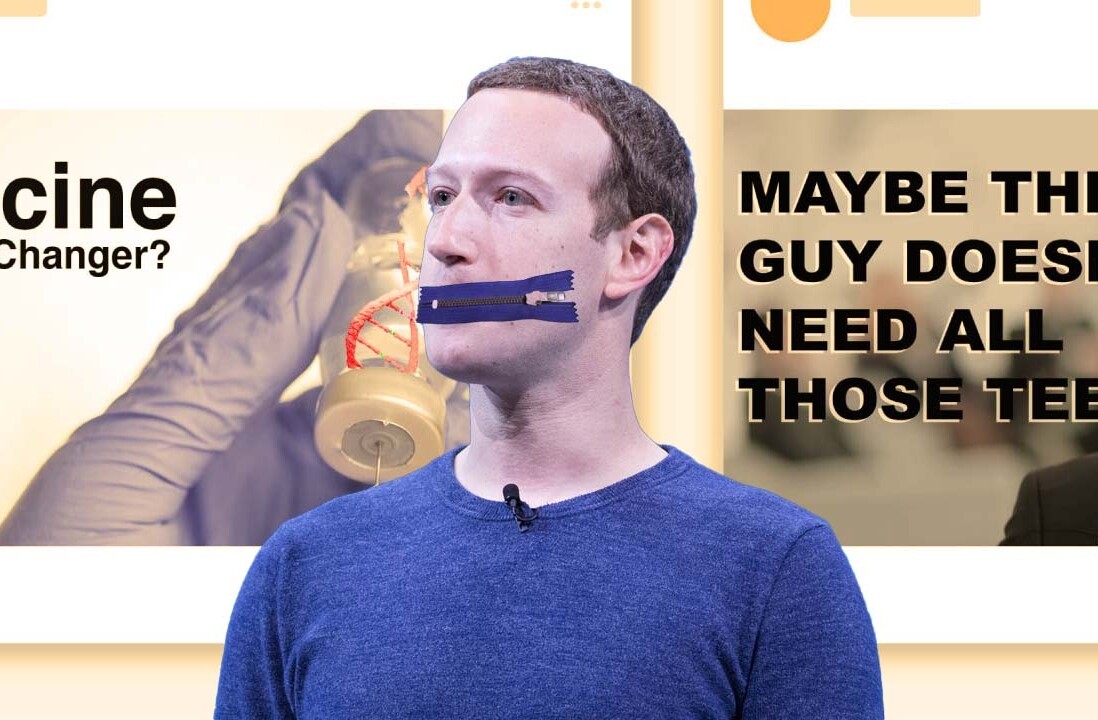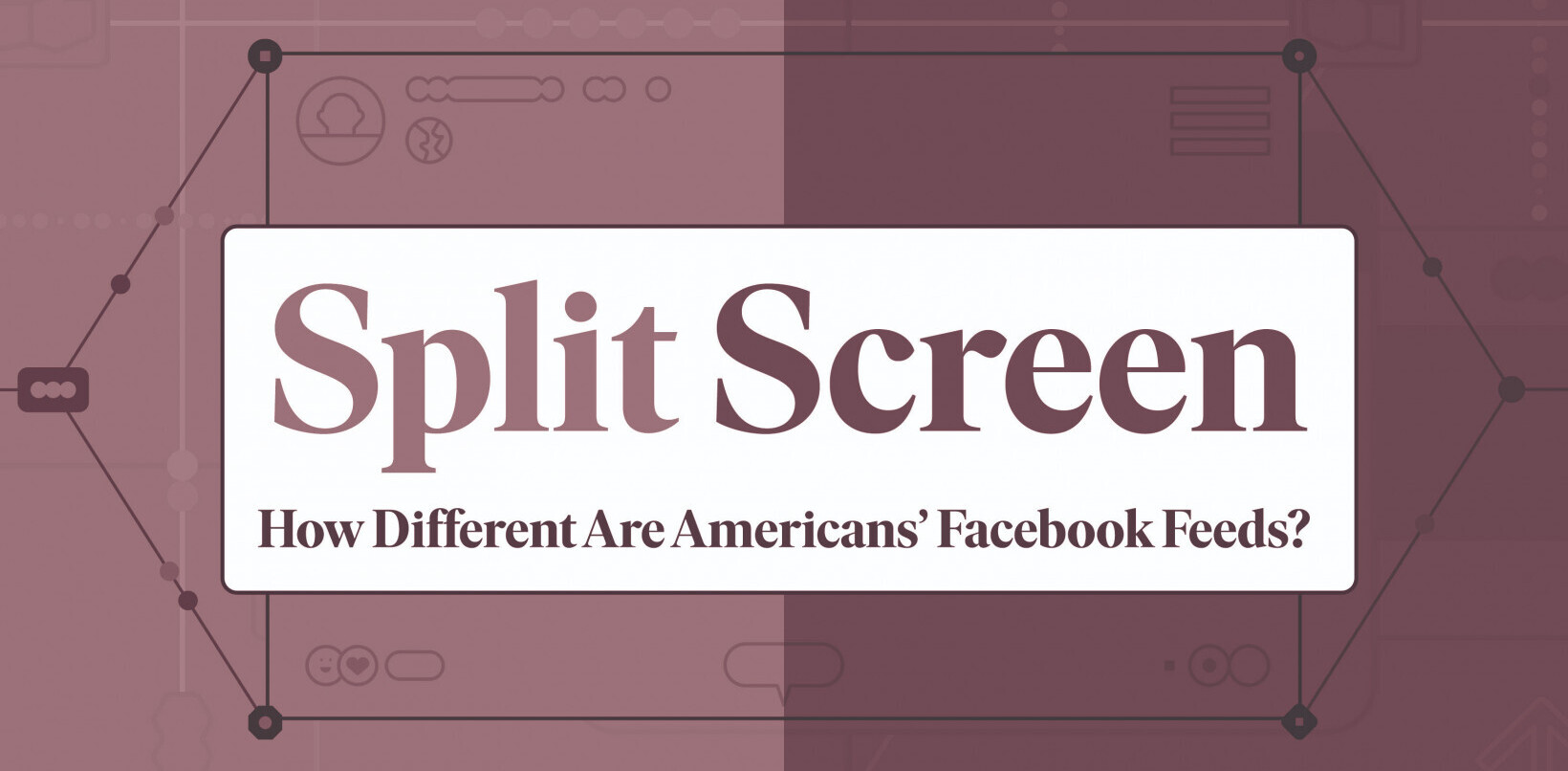
Most people use social media as a daily news source. That leads to concerns about a ‘filter bubble’ – if you source most of your news from friends, will you only see information skewed to a particular ideology?
According to Facebook’s newest research, conducted from July 2014 to January 2015, that may not be the case. The study, published in Science, found that most people have friends with opposing political views, and that the content in their feeds is in line with that diversity.

The company says that although News Feed does push up content more in line with your own ideology, your friend choice and clicks have more weight on content ranking.
For example, on average, 23 percent of a user’s Facebook friends have significantly different political views, and 29.5 percent of shared content doesn’t necessarily reflect their individual stance.

This means that 28.9 percent of what actually shows up in user’s news feeds may present opposing views, and that makes up 24.9 percent of the articles people click on.
These findings corroborate a 2012 study where Facebook found much of what its users shared came from friends they weren’t necessarily that close to.
The results don’t say much about how Facebook compares to traditional media for getting a balanced view on news, but they do at least suggest that your feed isn’t completely one-sided.
Ensuring shared content is both relevant and diverse is an important responsibility for the company, given Facebook’s ubiquity. It recently started improving its ranking system by questioning real-life testers, which will hopefully lead to an even more balanced selection.
You can read more on the study at Facebook’s research blog, linked below.
➤ Exposure to Diverse Information on Facebook [Facebook Research]
Read next: Why your tweet about how people are voting in the UK election might be illegal
Image credit: Gil C / Shutterstock.com
Get the TNW newsletter
Get the most important tech news in your inbox each week.




